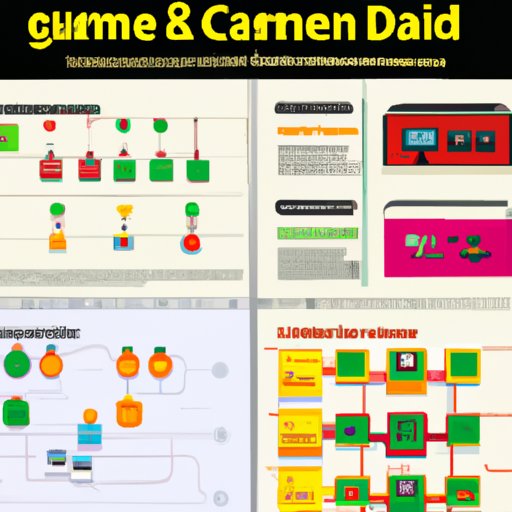
Introduction to Game Development
Game development is a fun and engaging way to express your creativity and imagination. However, it is not an easy task, especially if you’re just starting. Coding a game requires dedication and persistence, but the satisfaction of seeing your game come to life is worth the effort.
Steps to Code Your First Game
1. Choose the Right Game Engine/Language
The first step in coding a game is choosing the perfect game engine or language that suits your needs. There are a variety of game engines or programming languages that you can use, depending on the type of game you want to develop. Unity, Unreal Engine, C++, Java are all examples of popular game engines and programming languages.
2. Break Down Your Game into Components
Before beginning the coding process, it is essential to create a game design document outlining the game mechanics and features. Break down the game into smaller components that you can develop one at a time. Each component should be small enough to be easily manageable but significant enough to add value to the game.
3. Code the Game Mechanics
Coding the game mechanics is the most time-consuming part of the development process. Writing code for your game mechanics involves creating algorithms and functions that govern the player’s interaction with the game. This includes features like movement, collision detection, and artificial intelligence.
4. Add Graphics and Sound
Graphics and sound are essential components of any game. They bring the game to life and make it more engaging and immersive. When adding graphics and sound, you’ll need to consider the performance of the game engine and the hardware requirements. You can create your assets or use pre-existing ones available on the internet.
Tips for Beginners
1. Start with a Simple Game
As a beginner, it is best to start with a simple game that is easy to develop. This will help you develop your coding skills and gain confidence in your abilities. Choose a game with minimal features and mechanics, such as a puzzle game or a simple platformer.
2. Use Online Tutorials and Resources
There are a ton of resources available online that can help you learn game development. YouTube tutorials, online courses, and developer forums are excellent resources for beginners. You can also check out the official documentation of game engines and programming languages dedicated to game development.
3. Break Problems into Smaller Tasks
Game development is a complex process that can be overwhelming for beginners. Breaking down problems into smaller, more manageable tasks can help you stay focused and motivated. Identify the essential components of your game and break them down into smaller sub-tasks.
Conclusion
Coding a game is an exciting and fulfilling journey. It requires dedication, patience, and a willingness to learn. Remember to start with simple games, use resources available online, and break down problems into more manageable tasks. With hard work and persistence, you will be able to develop amazing games that will captivate audiences.




